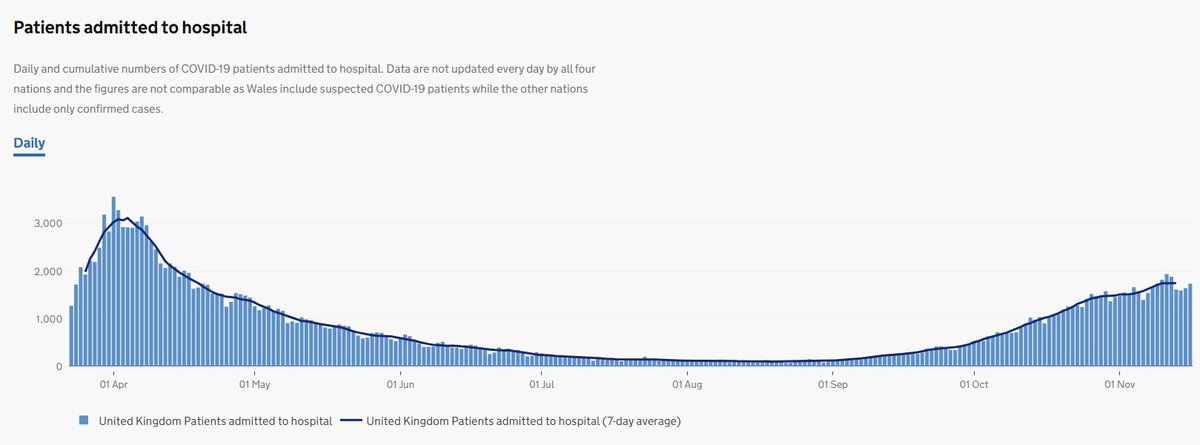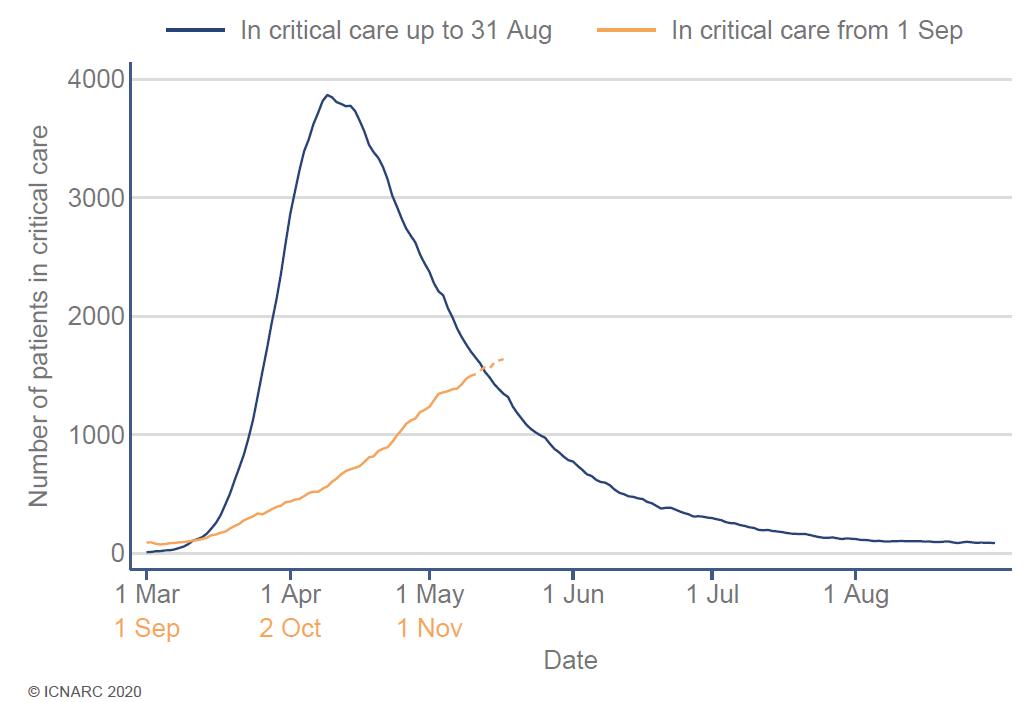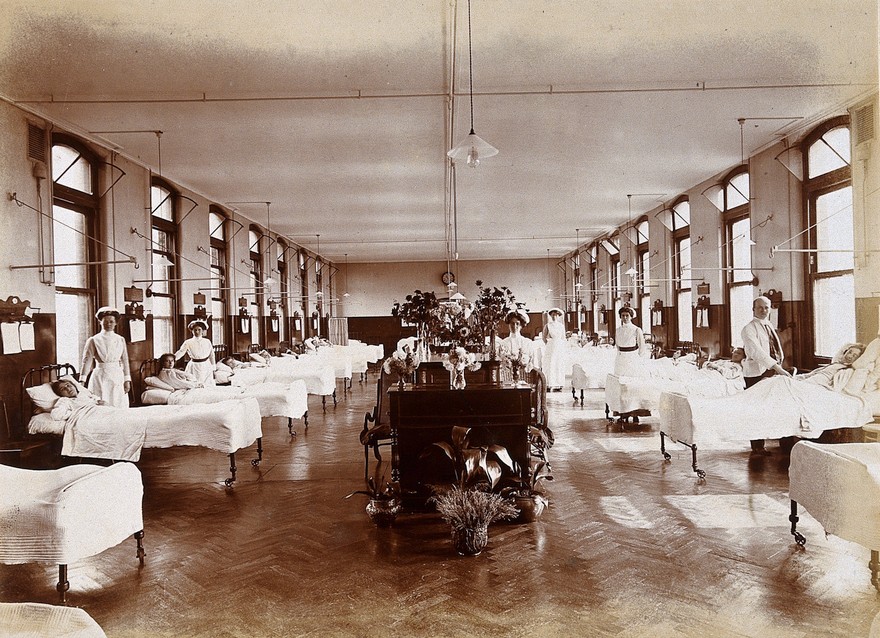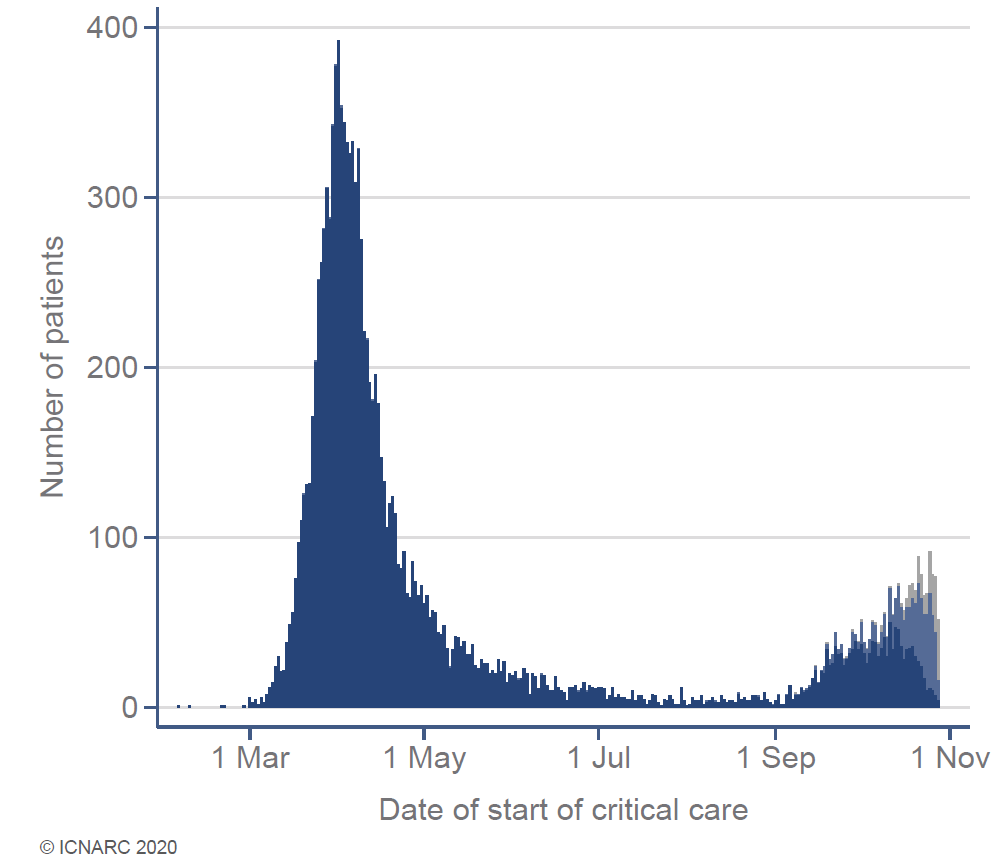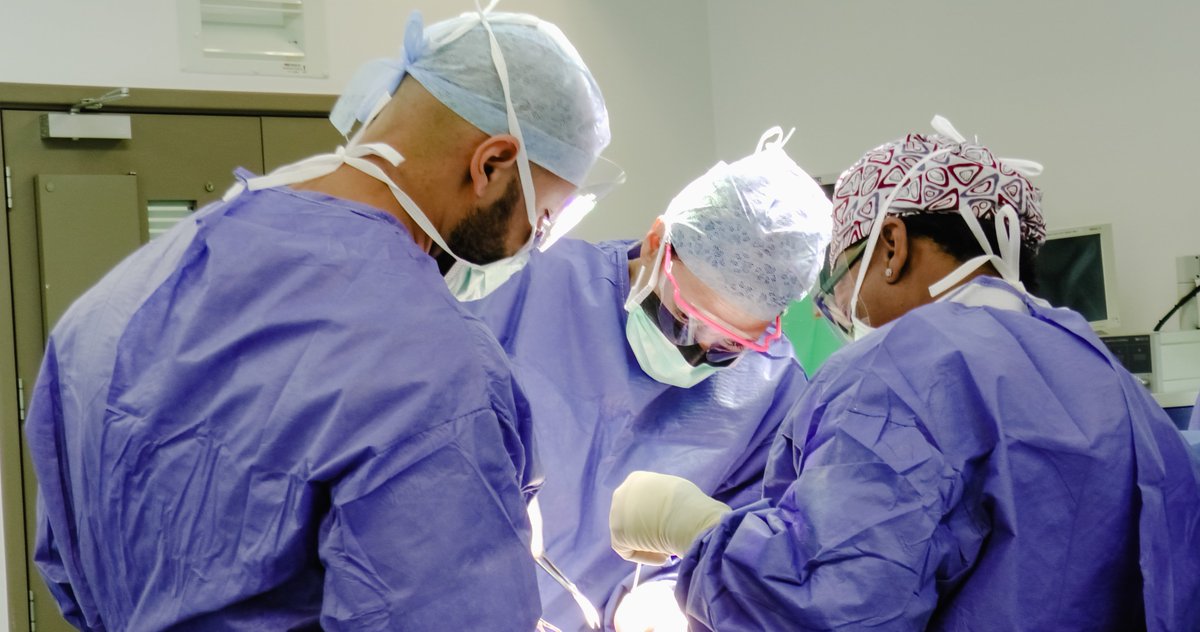
Some interesting news here from @remap_cap that #Tocilizumab may improve patient outcomes for COVID-19. Understandable that the team are eager to announce this but given the limited detail and small sample of 303 patients, a few notes of caution are needed.... 1/7
https://twitter.com/remap_cap/status/1329391734174826496
The researchers have declared #Tocilizumab has 'efficacy' for a combination of patient outcomes which include survival and how long patients spend on organ support eg a ventilator. Efficacy means the drug can work in specific (usually well controlled) circumstances. 2/7
It looks like there is a big treatment effect (odds ratio: 1.87) in this trial. That's great but results like this are sometimes too good to be true. Treatment benefits are generally smaller in large trials which account for the real-world problems of delivering patient care. 3/7
This doesn't mean #Tocilizumab won't help, just that the benefit may be weaker than these numbers suggest. The announcement here is for a 'composite' of several patient outcomes bundled together. We may find that individual patient outcomes (eg survival) change much less. 4/7
Important to note that the team have data on lots more patients which they are still analysing. We must wait for this analysis, and interpret the full report of all their findings before we change patient care. 5/7
We must also look at the evidence from all the trials TOGETHER and not just act on results of individual trials we like. The largest trial is likely to be the RECOVERY trial which has been recruiting COVID-19 patients to a #Tocilizumab arm for some time. 6/7
In the interests of full disclosure, I have posted my earlier prediction here. I would be very happy to be proved wrong if it means we have another tool to save lives from this awful disease. But caution is still needed for now. 7/7
https://twitter.com/rupert_pearse/status/1319892674955051009?s=20
....this from @BBCNews. Exactly why I posted the thread. Over optimistic media reports with quotes from doctors like 'amazing result'. False hopes don't help. Only genuine therapies can do that.
Tocilizumab: Arthritis drug may treat severe Covid
bbc.co.uk/news/health-55…
Tocilizumab: Arthritis drug may treat severe Covid
bbc.co.uk/news/health-55…
• • •
Missing some Tweet in this thread? You can try to
force a refresh


